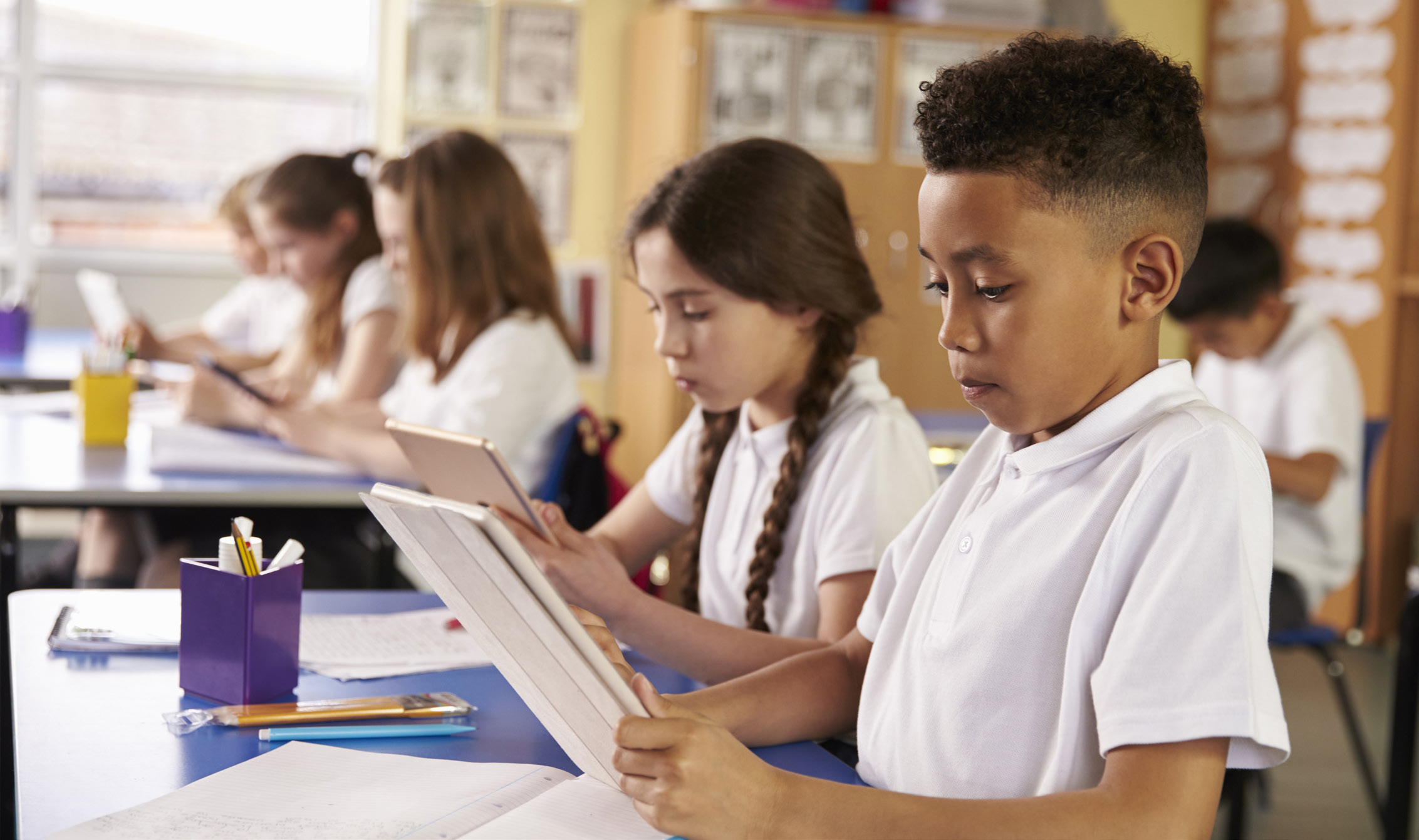School years, and particularly adolescence, have always been difficult for some young people to navigate. This challenge has only grown over the last 18 months. The evidence tells us that there has been a significant increase in mental health needs among children and young people during the pandemic (NHS, 2021).
Of course, the picture is nuanced: for some children and young people their mental health has improved during the pandemic, reporting less anxiety and engaging successfully in online learning.
Then there are the children stuck somewhere in the middle: those young people whose needs are less obvious and perhaps fall under the radar. Those who are ‘just coping’.
But the bottom line is this: as the new school year progresses and autumn turns into winter, we cannot assume that all is well.
In the months ahead, some young people may have presenting needs that are clear and obvious. But research also shows that an increased proportion of children and young people are just not willing to tell the adults around them – in school or at home – what is going on in their private lives (Steer Education, 2021). They may present a positive face to the world, but in reality they are dealing with more on their own than ever before.
‘… research also shows that an increased proportion of children and young people are just not willing to tell the adults around them – in school or at home – what is going on in their private lives.’
Consider children's point of view
Many young people advocate about the need for mental health and physical health to be recognised equally. They recognise wellbeing and emotional health as involving managing a wide range of emotions and feelings including challenging and negative emotions. They talk about empathy, nurture and self-care. And they also acknowledge achievement and independence as important for wellbeing.
So, it is important that we help them to develop these skills to support and manage their wellbeing so that they feel able to grow in every aspect of their lives – the academic, their sense of self, their wellbeing and so much more.
In supporting this work it is important that schools work alongside children and young people so that they feel consulted and have access to services that reflect their needs.
A false dichotomy
It is time to end the false dichotomy between academic standards and pupil wellbeing. In nearly 20 years working in education, I have too often found myself asked to choose which is more important: academic rigour or pupils' mental health and wellbeing.
Passionate, committed educationalists have argued for one above the other and sometimes the debate has become acrimonious or polarised.
But the choice is a false one. Pupil wellbeing is foundational to academic flourishing, and the sense of self-efficacy that our young people gain by learning, growing and achieving can be a powerful source of mental health, strength and self-worth.
This is not, as we know, about teachers becoming mental health practitioners or schools becoming clinical settings. Schools exist to educate our children.
But there is an increasing body of evidence that shows us how wellbeing and learning are inextricably linked from a neurological perspective. That experiencing emotional distress may impact on academic performance ‘by altering cognitive functions that relate to learning’ (Deighton et al, 2018); that good wellbeing is an essential foundation for learning, and that achievement based on individual strengths and needs enhances our wellbeing.
What are we trying to achieve?
At the Schools' Wellbeing Partnership, we want children and young people to feel safe, supported and prepared for life beyond education. We want to create a new standard of how we respond to children and young people's mental health and wellbeing in education. And we want protecting wellbeing to be the starting point of any approach that schools or government use.

‘… it is important that we help them to develop [the] skills to support and manage their wellbeing so that they feel able to grow in every aspect of their lives.’
This year we have had significantly increased government attention on young people's mental health and there has never been so much public discussion about a whole-school approach as a key mechanism to support children and young people's wellbeing.
However, we need to make sure that any future debate on wellbeing in schools is underpinned by joined up action that addresses what schools, teachers, children and young people and parents tell us.
We are amazed and humbled by the work done by staff, pupils, schools, parents, organisations and local and national government up and down the country.
We are in a great position to be able to say that all of those involved agree that there is an urgent need to do something differently to support children's wellbeing in school, and that this is the moment to act. We need to harness that drive and motivation to make that happen.
FURTHER INFORMATION
The Schools' Wellbeing Partnership works to make wellbeing and good mental health a strategic priority, embedded in the culture and ethos of every school. Visit: https://schoolswellbeing.org.uk/


